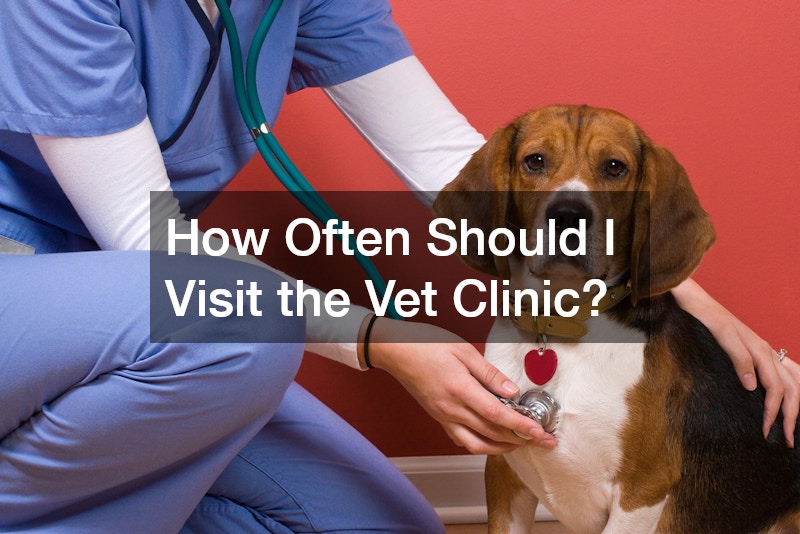
The importance of regular veterinary visits cannot be overstated when it comes to maintaining the health and wellness of your pet. However, determining the appropriate frequency for these visits can be a challenge for many pet owners. This article delves into the most common questions surrounding veterinary visits, offering guidance to ensure your furry friends receive the care they need.
A pet's age is a significant determinant in how often they should see a veterinarian. During the puppy and kitten stage, frequent visits ensure they are growing healthy and are protected by vaccinations.
Video Source
Adult pets may require fewer visits, but regular check-ins can catch potential health issues early, while senior pets might need closer monitoring due to age-related conditions.
A vet clinics guidelines often recommend that puppies and kittens visit the vet every three to four weeks until they are about four months old. As pets transition to adulthood, annual visits are usually sufficient unless there are specific health concerns. Once a pet reaches its senior years, vets often suggest biannual check-ups, allowing for proactive management of age-related health issues.
A pet's current health status greatly influences the frequency of veterinary check-ups. Pets with chronic conditions or those recovering from illness may require more regular monitoring to ensure proper management. Healthy pets, on the other hand, might not need as many vet visits, though routine wellness exams remain essential.
Maintaining an up-to-date health record helps veterinarians make informed decisions about the frequency of visits needed for your pet. Any significant changes in a pet's health should prompt an immediate consultation, as early intervention can prevent the escalation of health issues.
Routine wellness exams serve as the cornerstone of preventive care throughout a pet's life. These annual check-ups typically include a comprehensive physical examination, discussion of dietary needs, and assessments of weight and behavior. They also offer an opportunity for pet owners to address concerns and stay informed about their pet's overall health status.
During these exams, vets often perform heart and respiratory checks, as well as a dental examination, particularly important given the prevalence of dental disease among pets. Bloodwork and other diagnostic tests might be recommended to detect underlying issues not visible during a physical exam. Furthermore, regular wellness visits enable tracking of vital health markers, facilitating early intervention if changes occur.
Vaccinations play a vital role in safeguarding pets against infectious diseases. They are generally administered during the early puppy or kitten stages, fortifying a strong immune defense as the pet matures. Booster shots are then required to maintain effective immunity levels throughout a pet's life.
The vaccination schedule varies based on factors such as a pet's health status, local disease prevalence, and travel habits, all contributing to tailored immunization plans. Pet owners must adhere to the vaccination timelines recommended by their vet to ensure continued protection against potential health threats. Vaccines not only protect individual pets but also contribute to broader community health by preventing the spread of diseases.
Having a comprehensive medical history on hand is crucial for an effective vet visit. It should include details of any previous conditions, treatments, and medications your pet has undergone. This background information allows the vet to make informed diagnostic assessments and treatment decisions promptly.
Keeping an organized record of medical history ensures continuity in care, especially useful if switching veterinarians or seeking specialist consultations. Taking the time to prepare this documentation before a visit can enhance the quality of care your pet receives.
Preparing your pet for a vet visit can minimize anxiety and make the experience smoother for both the pet and the owner. Bringing a comfort item like a favorite blanket or toy can provide reassurance during the visit.
Another effective strategy involves regular, stress-free trips to the clinic just to get your pet accustomed to the environment without any medical procedures. Positive reinforcement with treats and affection can help associate vet visits with a pleasant experience. Ensuring that your pet is calm and relaxed can facilitate a more thorough examination by the veterinarian.
The frequency of vet visits depends on various factors, including age, health status, and specific breed needs. Understanding the essential visits throughout a pet's life and being well-prepared for them ensures better health outcomes. By proactively caring for your pet's health, you contribute to a longer and happier life for your furry companion.
.